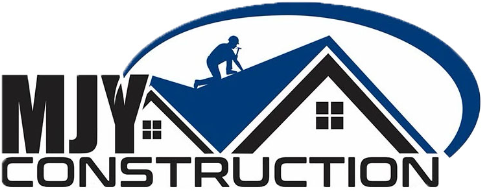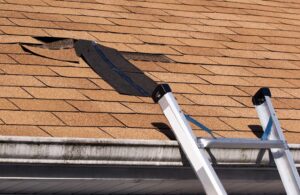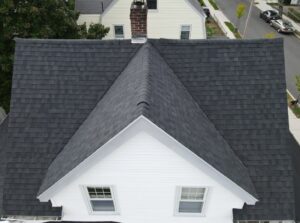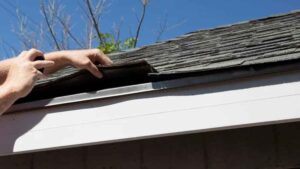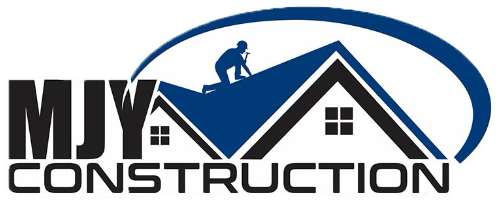New England is known for its dramatic weather swings, and nowhere is that felt more intensely than on the rooftops of commercial buildings. In Massachusetts, commercial roofs often face heavy snow accumulation, freezing rain, sharp temperature drops, and constant freeze–thaw cycles that push roofing materials to their limits. As a result, business owners need a roofing system that can handle harsh winters without compromising durability, energy efficiency, or long-term performance.
At MJY Construction, we understand how challenging cold-weather roofing can be. For more than 20 years, our team has helped commercial property owners across the Greater Boston area find dependable, cost-effective solutions that hold up through every season. One of the strongest and most reliable systems we install is TPO roofing, a single-ply membrane that has become a top choice in Massachusetts TPO roofing and New England commercial roofing for good reason.
Why Cold Climates Demand Strong Roofing Systems
Massachusetts weather creates unique demands for commercial roofing. Flat and low-slope commercial roofs tend to collect snow, ice, and standing water, and if a roofing system can’t withstand cycles of freezing and thawing, the material can crack, separate, or develop leaks.
Winter conditions often cause:
- Ice buildup
- Membrane shrinkage or brittleness
- Ponding water from melting snow
- Thermal expansion and contraction
- Premature roof degradation
A commercial roofing system must be flexible, durable, energy-efficient, and weather-resistant to stand up to these extreme conditions, and that’s exactly where TPO excels.
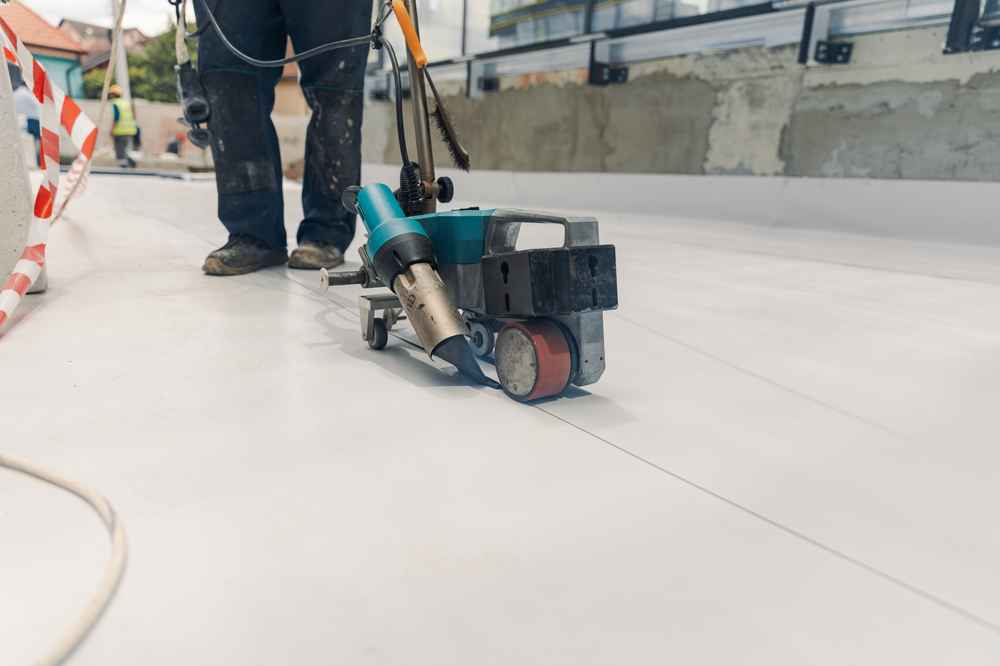
What Makes TPO Roofing Ideal for New England Winters?
Thermoplastic Polyolefin, better known as TPO roofing, has quickly become one of the most popular commercial roofing materials across the Northeast. It provides exceptional performance in cold climates and offers property owners a dependable, long-lasting solution for flat and low-slope roofs.
Here are the major advantages:
1. Exceptional Cold-Weather Flexibility
One of the biggest issues with commercial roofing in winter is material rigidity. Some membranes stiffen in freezing temperatures, making them more prone to cracking or splitting.
TPO maintains flexibility even in very low temperatures, which helps the membrane absorb expansion, contraction, and shifting snow loads without damage. This makes it one of the most reliable systems for cold climate roofing, especially in areas that experience sudden temperature drops.
2. Superior Energy Efficiency Year-Round
Massachusetts winters bring high heating bills, especially for large commercial buildings. TPO roofing is designed with a reflective white surface that improves energy efficiency even in cold climates by:
- Reducing heat loss
- Preventing unnecessary heat absorption during sunny winter days
- Keeping indoor temperatures more stable
This results in lower energy costs during the year and contributes to better insulation performance, making TPO one of the most cost-effective choices for New England commercial roofing.
3. Strong Resistance to Snow and Ice Damage
Snow and ice place enormous stress on commercial roofs. TPO’s durable membrane helps protect against:
- Ice dams
- Water intrusion
- Freeze–thaw damage
- Snowmelt ponding
Because TPO is heat-welded at the seams, it creates a continuous, watertight barrier that stands up to melting snow far better than older roofing systems.
4. Long-Lasting Weather Durability
Whether it’s heavy snowfall, coastal winds, hail, or freezing rain, TPO roofing is engineered to withstand harsh weather conditions. The membrane resists:
- Tears
- Punctures
- UV damage
- Chemical exposure
- High winds
For Massachusetts and New England businesses, this strength means fewer repairs and lower long-term maintenance costs.
5. Quick and Cost-Effective Installation
TPO roofing is lightweight and easier to install compared to some traditional commercial roofing systems. Faster installation means:
- Less downtime for your business
- Lower labor costs
- Fewer disruptions
- A faster path to protecting your building before the next storm hits
The membrane can be mechanically fastened, fully adhered, or ballasted—giving property owners options based on their building’s needs.
6. Compatibility With Existing Roofing Systems
For many older commercial buildings, a full tear-off isn’t necessary. TPO roofing can usually be installed over your existing roof (when local codes allow), making upgrades more affordable and less disruptive for business operations.
This flexibility makes TPO a strong choice for commercial properties undergoing phased renovations or planning long-term capital improvements.
7. Environmentally Friendly and Low Maintenance
TPO is recyclable, energy-efficient, and designed for long-term performance with minimal upkeep. Business owners benefit from:
- Fewer repairs
- Lower maintenance costs
- Better environmental impact
- A longer lifespan compared to traditional flat-roof materials
For cold climates, minimizing maintenance during winter months is a major advantage.
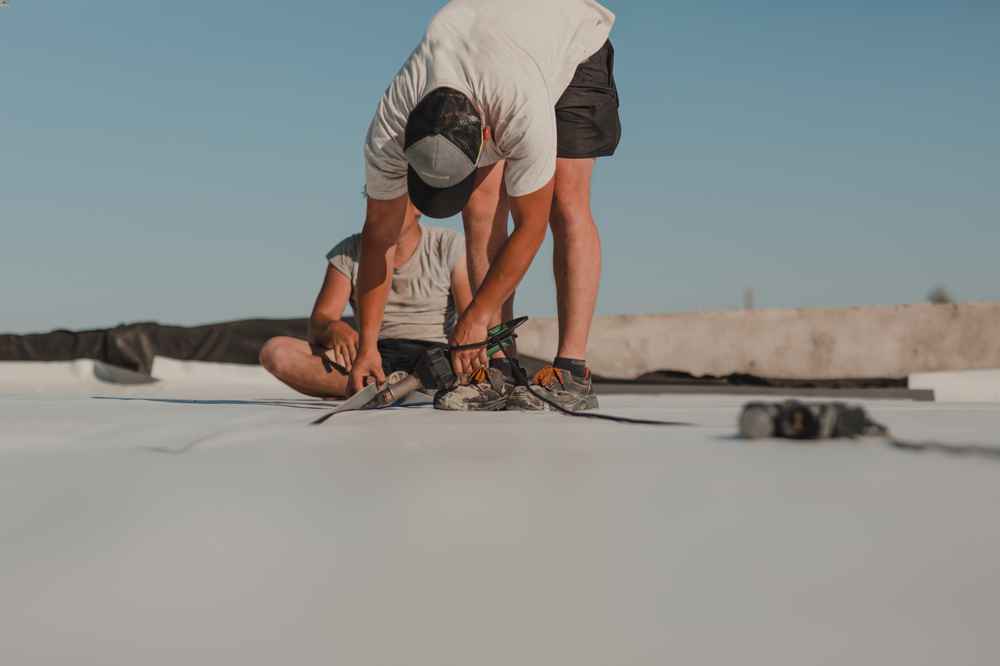
Choose MJY Construction for Your TPO Installation
At MJY Construction, we’ve spent more than two decades servicing the unique roofing needs of Massachusetts businesses. Our GAF-Certified and Owens Corning Preferred team brings the skill, training, and reliability needed to install commercial TPO systems that stand up to New England’s harshest weather.
Whether you need a full replacement, a professional assessment, or guidance on which cold climate roofing system is right for your building, our team is here to help. We offer transparent evaluations, competitive estimates, and a customer-first experience from start to finish.
If you’re ready to upgrade to a durable, energy-efficient TPO system built for New England winters, contact MJY Construction today. Let us protect your commercial property with the strength and reliability your business deserves.
